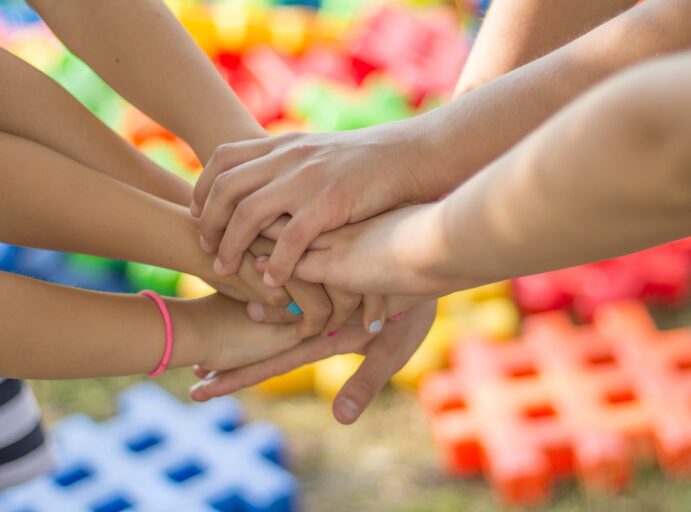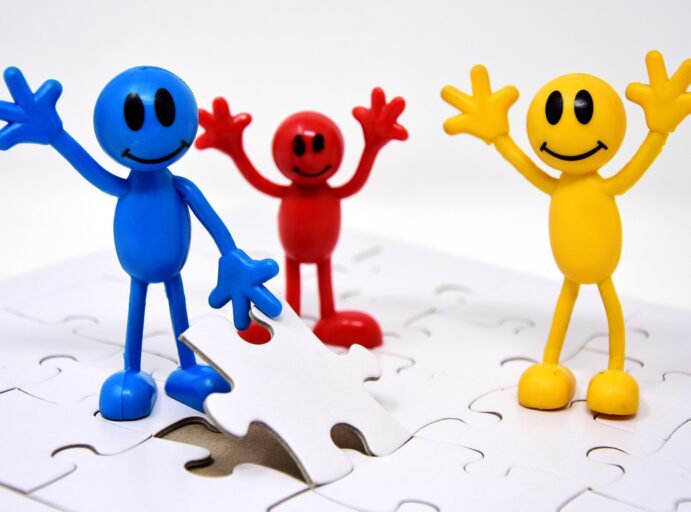
Cooperation Between Early Childhood Education and Families
Open, committed and confidential cooperation between guardians and employees in early childhood education is the basis of securing the child’s healthy growth and development.
The most important form of cooperation are discussions between parents and employees on matters concerning the child’s growth and development. The basis of the discussions is the parents’ knowledge of their own child. From the child’s point of view, it is significant that adults can co-operate in supporting his/her development and growth by discussing and getting to know one another.
In early childhood education, there is a custom that when bringing the child to the place of care or collecting him or her from it, parents do not talk on phone. Phone calls are taken and made at other times.
Forms of cooperation

Cooperation between parents and employees in early childhood education ensures the child’s well-being and supports parents in the task of upbringing.
Daily conversations when bringing and collecting the child are the most important encounters between parents and employees in early childhood education, and a sufficient amount of time should be reserved for them.
Other forms of cooperation are, for example, phone conversations, trips, celebrations, parents’ evenings, visits, messaging notebooks, and voluntary work. Each early childhood education unit announces about their cooperation more specifically through their own channels, for example e-mail, Wilma, or WhatsApp.
In addition to parents, other partners of early childhood education are family counselling, child health care, comprehensive school, family work, social work, speech and occupational therapists, physiotherapists, and also mental health unit, Kainuu Central Hospital, and Evangelical Lutheran Church.
Matters concerning the child and family are always discussed with parents first, and the parents’ permission for cooperation or discussion with other partners is always asked. Employees in early childhood education have the confidentiality obligation on matters concerning the child and family.

Familiarization visit
- OUR CHILD -form needed along
- care plan
- announcements from the place of care
- the next visit will be arranged

Discussion/child in early childhood education
- at least once a year
- a common appointment with parents will be arranged
- if necessary, goals for individual development and learning

Feedback discussion
- a common appointment with parents will be arranged
- in the end of a term, or in the beginning of a new term
- when changing the place or group of early childhood education